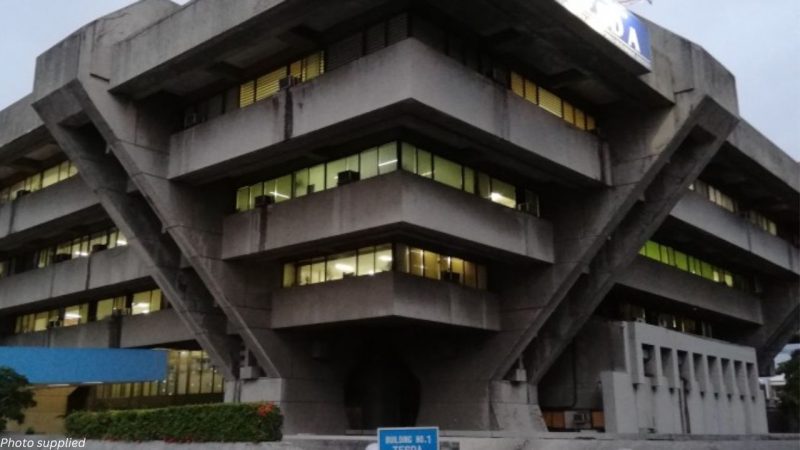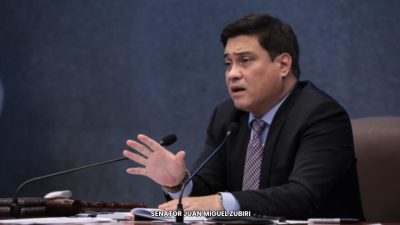MANILA — According to a recent survey conducted by Manila-based firm PUBLiCUS Asia, the Technical Education and Skills Development Authority (Tesda) has emerged as the most trusted government agency, gaining the highest approval and trust ratings among registered voters.
In the Pahayag 2023 Second Quarter Survey conducted from June 7 to 12, Tesda obtained an approval rating of 72 percent and a trust rating of 58 percent.
Previously, the Armed Forces of the Philippines (AFP) held the top position, but they now share second to third places with the Department of Science and Technology (DoST), both receiving 66 percent approval and 56 percent trust ratings.
In response to the survey results, Col. Jorry Baclor, AFP Public Affairs Office chief, expressed gratitude for the trust and confidence bestowed upon the military organization by the Filipino people. He acknowledged the challenge to further enhance their performance as the protectors of the people and the state.
Baclor mentioned that the AFP has reached out to PUBLiCUS to gain a better understanding of areas that need improvement in their services, ensuring that they continue to deserve the trust and approval of the Filipino populace.
He extended congratulations to Tesda for securing the top spot, highlighting their role as reliable partners in providing better opportunities to people in areas where the military is deployed, including former rebels. He commended Tesda’s effective efforts in reaching underprivileged Filipinos and acknowledged the appreciation they receive from the people they serve.
While the AFP experienced a slight decline, the approval rating of the DoST remained stable, indicating the continued trust of the public in the agency’s scientific initiatives and technological advancements, according to PUBLiCUS.
The Department of Social Welfare and Development (DSWD) secured the fourth position with a 65 percent approval rate. The Department of Tourism (DoT) and the Bangko Sentral ng Pilipinas (BSP) witnessed a decrease in their approval ratings, placing fifth and sixth, respectively.
The Department of Education (DepEd) maintained its approval rating of 63 percent, while the Department of Labor and Employment (DoLE) improved its approval rating from 58 percent in the previous survey to 60 percent.
DepEd held a trust rating of 52 percent, closely followed by BSP and DSWD with 51 percent.
DoT and DoLE received trust ratings of 49 percent and 46 percent, respectively.
PUBLiCUS noted in the survey results that the decline in BSP’s ratings “may be linked” to the Maharlika Investment Fund (MIF), which only requires the signature of President Ferdinand Marcos Jr. to become law after being passed by Congress.
BSP experienced the most significant decline among respondents aged 18 to 29 years old, as well as those belonging to middle-income households and non-Catholics.
The Department of Finance (DoF) also witnessed a slip in ratings, as respondents from Northern Central Luzon, middle-income households, and families of overseas Filipino workers (OFWs) expressed opposition to the MIF, as reported by PUBLiCUS.
Over the course of a year, the Department of Health (DoH) steadily gained public approval, with an approval rating of 62 percent and a trust rating of 50 percent, marking a 12 percentage point increase from the first quarter of 2022.
PUBLiCUS attributed the DoH’s consistent rise in approval to Maria Rosario Vegeire, who took over as caretaker of the department following Dr. Francisco Duque 3rd. Vegeire received a commendation for her commendable performance in filling the void within the DoH as the country began its recovery from the Covid-19 pandemic.
The upward trend for the DoH was primarily driven by respondents from the Visayas, individuals belonging to middle-high income households, and government workers.
The Department of Migrant Workers, led by Secretary Susan “Toots” Ople, garnered approval from over half of the respondents.
On the other hand, the Philippine National Police (PNP) received poor ratings in the survey, with an approval rating dropping from 54 percent to 49 percent and a trust rating decreasing from 43 percent to 39 percent.
PUBLiCUS mentioned that the low ratings of the AFP and PNP were mainly influenced by respondents from Mindanao, high-income households, and middle-income households, respectively.
The survey included 1,500 respondents distributed across the National Capital Region, North Central Luzon, South Luzon, the Visayas, and Mindanao. The margin of error was +/- 3 percent.
PUBLiCUS ensured that only registered voters were polled to provide an accurate representation of the sentiments of the voting population.
(ai/mtvn)







